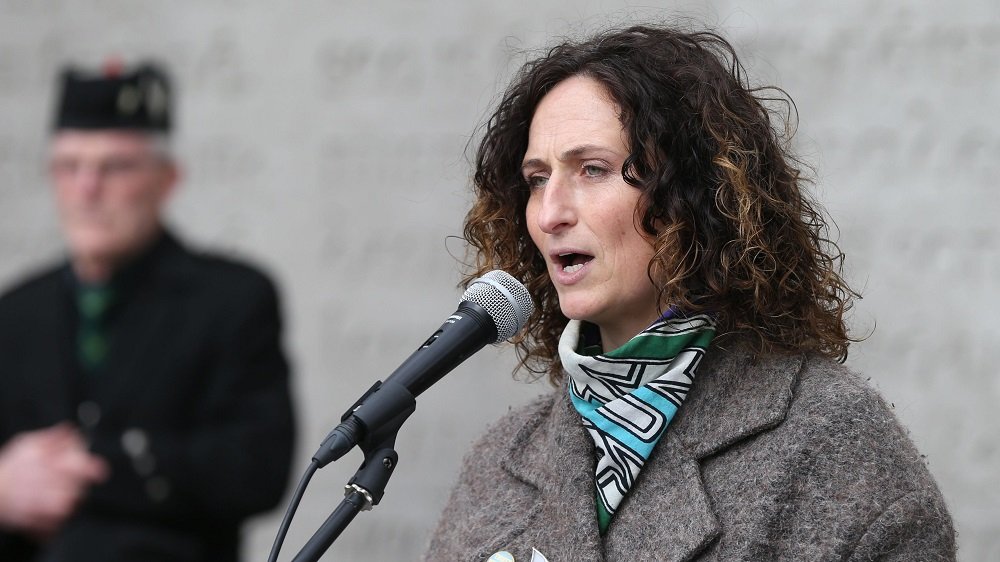In the recent UK local elections, Boris Johnson’s government was rewarded for its vaccination programme success.
After a worrying start to the pandemic, the vigour with which Johnson’s government acted to secure and deliver vaccines—as well as ‘get Brexit done’—most certainly paid dividends at the polls.
The Conservatives made significant gains across England, snapping up some of Labour’s oldest and biggest strongholds, securing 13 councils and an extra 235 councillors to their breadth.
Even in London, where Sadiq Khan secured re-election, the Conservatives’ Shaun Bailey put up a bigger fight than anticipated, with 35% of first preference votes compared to Khan’s 40%.
As the Dublin Bay South by-election comes into focus here in Ireland, the UK results can provide insights into how things may pan out for the coalition parties in this hotly contested area, which, until recently, would have been considered an easy win for Fine Gael.
The first real test
Once called, this election will be the first opportunity Irish voters have had to signal their feelings to the Government since the coalition formed in mid-2020.
The most recent Irish Times polling, from February this year, showed that people did not feel that the Government was doing a good job, while support for both Fine Gael and Fianna Fáil slid.
However, with the vaccination programme now well underway, can we expect the by-election to provide the coalition with a seal of approval similar to the one enjoyed by Johnson’s Conservatives?
Generally considered an affluent area with a younger population compared to other parts of the country, including the capital, Dublin Bay South is unlikely to be a bellwether of Irish voting. But with one seat up for grabs, the election will give the three main coalition parties a good understanding of the current public view of their work to date.
At its formation in 2016, Dublin Bay South was Fine Gael ground holding two seats out of four, closely followed by Fianna Fáil and the Green Party. However, the 2020 elections shook up the order, placing the Green Party (Eamon Ryan) at the top of the polls, followed by Sinn Féin’s Chris Andrews, then returning Fine Gael’s Eoghan Murphy and Fianna Fáil veteran Jim O’Callaghan.

The election is by no means a given for Fine Gael—or indeed Fianna Fáil—and with some strong contenders lining up, there will be a fight between at least the three coalition parties, as well as Labour and Sinn Féin.
Declared candidates include James Geoghegan (Fine Gael), Deirdre Conroy (Fianna Fáil), Lynn Boylan (Sinn Féin), Ivana Bacik (Labour), and Claire Byrne (Green).
Three lessons from the Tories
What lessons can the government coalition take from the Conservatives’ local election wins and apply to their Dublin Bay South strategy?
1. Timing matters
Fine Gael leader and Tánaiste Leo Varadkar this week expressed his preference for a summer poll.
The by-election needs to be well timed to capitalise on the positive sentiment of pandemic restriction lifting. As a generally affluent constituency, voters in Dublin Bay South are likely to have the means to enjoy the reopening of society to its fullest and give the economy a much-needed boost.
If the government pushes the by-election too late in the year (the election must be held by October), the financial reality of a new budget and recovery plans may dampen the mood.
2. Communicate your successes
The three coalition parties must demonstrate their stewardship of the pandemic and, like the Conservatives in the UK, generate public confidence and approval.
The vaccination rollout will feature strongly. After months of prolonged lockdown, vaccine delays, changes to the programme, and now a cyberattack on the health system, Fine Gael, Fianna Fáil, and the Greens will need to leverage every success and milestone from here on, be they vaccinations, the reopening, or signs of economic recovery.
Meanwhile, Sinn Féin will have the hard job of finding a balance between highlighting government failures, particularly in the Covid-19 response, and not confusing or causing alarm among the voting public. Housing and jobs will be key areas where they can drum up noise and support.

3. Don’t take the electorate for granted
If UK Labour has learned anything from its recent defeats, it’s that its election strongholds are no longer a given. The Conservatives managed to tap into the ‘working class champion’ image as Labour’s identity has disappeared.
On the face of it, Dublin Bay South and its population are easily stereotyped. However, the currently favoured, D4-polished candidates, such as James Geoghegan, aren’t necessarily shoo-ins.
Dublin Bay South’s constituents are predominately between 20 and 40 years old, the very bracket of society faced with a crowded rental market, high house prices, hefty childcare bills, and last place on the vaccination list.
Generating affordable and available housing, supporting the recovery of the health system, and boosting the reopening of local businesses and jobs are among the policy areas of concern for the Dublin voter. These are all issues the current coalition is coming under fire for, and where opposition parties should focus their election messaging.
Although this by-election won’t necessarily be the hottest political event of this government’s term, Dublin Bay South does have the potential to cause quite a few headaches for the coalition and the country’s largest parties.
A summertime election and open communication with the electorate will be key to the Government’s success. Opposition parties, on the other hand, must treat this as more than a three-horse race and pick away at the coalition’s weaknesses with focused messaging.

About the author
Lauren brings nearly 10 years of experience in public affairs, communications, and project management to 360. She has a special interest in European affairs, policy and energy, having previously worked at national electricity utility EirGrid, the UK’s Foreign and Commonwealth Office, the Council of European Energy Regulators, and the European Parliament. Lauren has lived and worked in Ireland, the UK, Belgium, and France, and is fluent in French.
